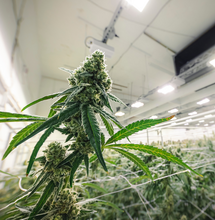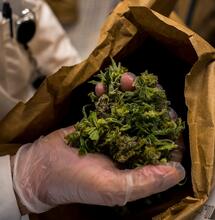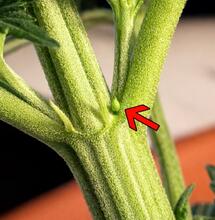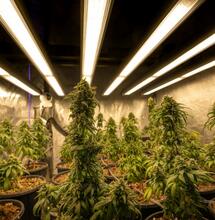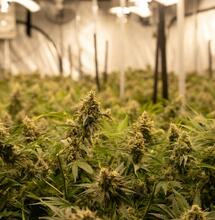How is AI Changing Cannabis Cultivation?
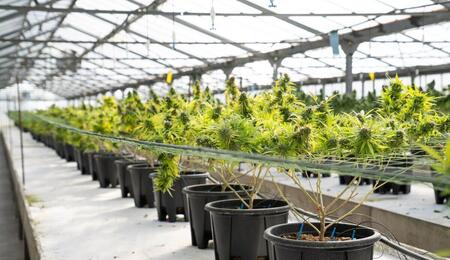
Artificial intelligence has been integrated in almost every industry nowadays, including in Cannabis. AI tools have proven to be exceptionally powerful technology, especially for the big operators. From helping to determine which plants will yield the most buds to early diagnosis of disease or a problem in the facility, the range of AI is enormous. Read more how AI helps improve cannabis cultivation and how it’s transforming the budding sector.
Artificial Intelligence has become an integral part of cannabis cultivation in the last few years. Software companies that develop AI tools are currently some of the fastest growing investment segments in the sphere of cannabis. They’re stable investment because the same companies usually also work with clients outside cannabis.
The transformative powers of these new and smart technologies are remarkable. They can help growers improve crop outputs or replace manual work where applicable. Below are five ways in which AI is transforming cannabis cultivation.
1. Optimization of the Growth Process
Advanced tools for monitoring crops, including drones and robots with sensors connected to AI software systems, help growers detect problems early on and save them money in the process. AI-powered sensors can track and adjust humidity, CO2 levels, pH levels, nutrient intake, and more. Correcting these parameters for a large number of crops can make a major difference in the quantity and quality of weed that’s being produced. AI can provide details how each plant in the batch should be improved on. In addition, some of the equipment can detect issues in the grow equipment, such as failure in the irrigation system or in the lights regulation, and thus prompt the grower to take fast action and fix that issue.
2. Automating Processes That Take Lot of Time
Automation significantly reduces the hours of manual labor, especially for mundane tasks. Tools are used for both simpler tasks such as seeding plants and more complex procedures, such as trimming. An automated trimmer can pinch off leaves that grow around the colas quickly and with a great precision. It does sound a bit sci-fi, but it’s pretty amazing when you think about it.
3. Scanning for Threats
Some of the available AI technology can help tell male from female plants, and it can help determine which plants are vulnerable to pests and disease and which ones are already sick. AI systems can feed growers with real-time information on the health and progress of the crops, contributing to a timely and cost-effective crop management.
4. Predicting Yields
Prediction AI tools rely on various data sources such as soil and weather information to determine the potential yield of cannabis plants. This is useful for preparing a harvest schedule and timely execution of the harvest. In addition, data analytics that use genetic and phenotypic information can help predict the performance of various cultivars based on the environment where they’re planted.
5. Precision Breeding
Precision breeding technology combines generative AI with conventional approaches to genomic sequencing. This type of technology is used to create more resilient strains that can thrive in specific environments. Precision breeding can also be used to manipulate the size, flavor, taste and other characteristics of the weed so that the product meets market expectations.
Those are only some of the ways in which AI is supporting cannabis cultivation. While their potential to revolutionize the industry is undisputed, it goes without saying that they also come with a unique set of challenges. The costs for purchasing AI technology can be exceptionally high, plus it requires training for the personnel on how to use the equipment. But for every company that invests in AI, it can be a real competitive advantage and a great return of investment in the end.
Also read on Soft Secrets:
- Gene Technology Can Now Boost THC Levels
